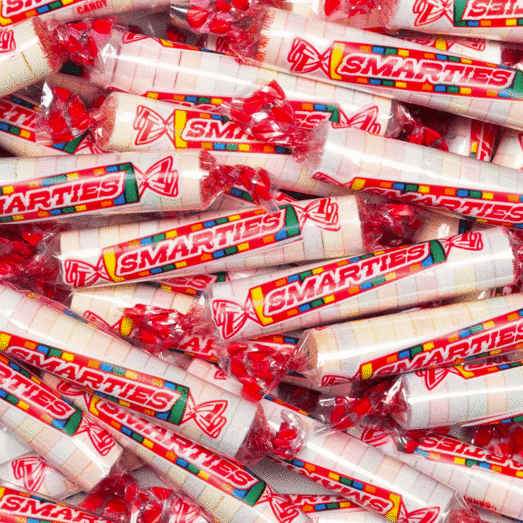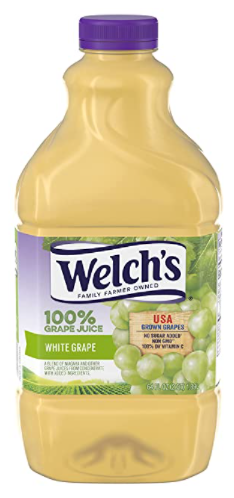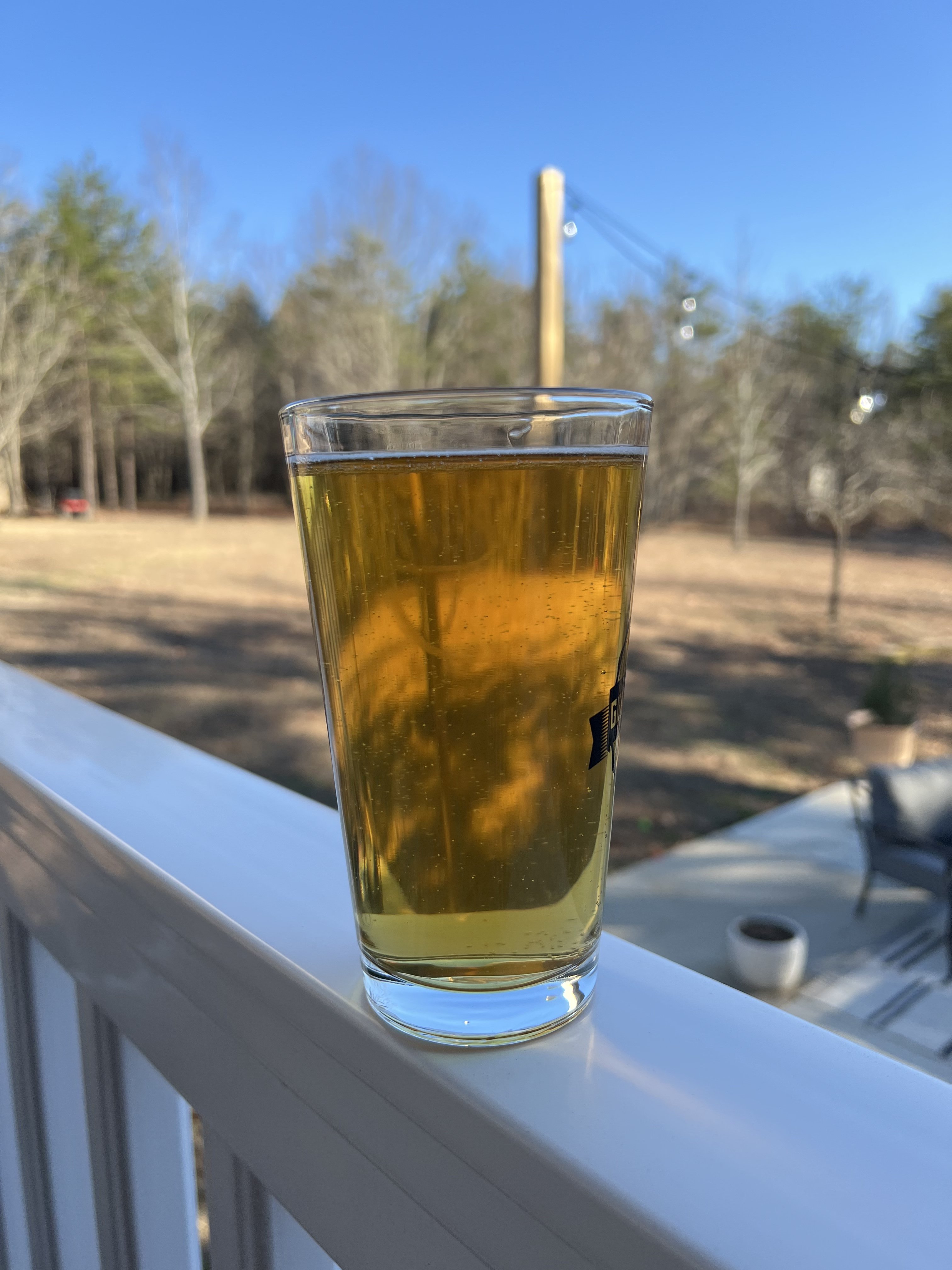I have picked up on that flavor too but to me it tastes kinda like Smarties. Never noticed it in any of my homebrews.




Again - as usual from the evangelicals we see zero observation and maximum indignation. I have NO THEORIES. I have offered NO SIDE IDEAS> I simply pointed out that I get these wonderful flavors in ales as well as lagers. And that I would be curious to see what others thought caused it. That DOES include whatn the low oxygen proponents have to say. My shade toward the LoDO component comes from the indignant way they seem to dictate that THEY have solved it all, and THEY have the answer, and THEY will lead us to the light and the glory of oxygen free spiritual bliss. And if we do not convert then we are little more than base heathens brewing swill.Let me see if I understand you correctly..
Your sides ideas and theories are fine but those from the LoDO crowd are just proselytizing and therefore of no value? Ignoring certain possibilities is quite the opposite of 'seeing' the question at hand.
P.S. You don't think that LAB and other micro organisms live on North American grain as well?
You already told us you had no problem. Carry on, we shall.
You guys were moving on with your grapethink thread and I was completely fine to stay on the sidelines until someone invariably invokes the name LoDO, then others cast some aspersions based on a guy from ancient history and the cycle repeats.
Great timing in this thread-
I’m wondering if this is the same thing I describe as a pear ester. I only get it on lighter hopped lagers.
I’m wondering if it’s grain sweetness?
I really get loads of this flavor/ester when I drink Peters Brand Dutch lager. I’ve never gotten this in my home brews.
Most craft pilsners have a pretty high ibu, and I’m wondering if that covers up the grain or adjunct sweetness.
He'll never be ancient history when apostles continue to find it necessary to testify in a similar manner. Indeed the cycle repeats.









SnowflakeYou guys were moving on with your grapethink thread and I was completely fine to stay on the sidelines until someone invariably invokes the name LoDO, then others cast some aspersions based on a guy from ancient history and the cycle repeats.
And um... I don't get Smarties in German bears.

Can you please turn it down there a notch? I am trying to follow the discussion about German bears. Thanks!Then why do you guys keep bringing up LoDO? I mean we were talking about sauergut. He really must have gotten under your skin. Time to let all that go, don't you think?
" * LODO (I have very serious doubts, as friends skip this but still get grape) "Then why do you guys keep bringing up LoDO? I mean we were talking about sauergut. He really must have gotten under your skin. Time to let all that go, don't you think?
I'm imagining chewing on a white grape and still having troubles to connect this to any beer I've tasted.


I've gotten it in one marzen that I brewed. Warm fermented 34/70.
I get it.... it's always from the crisp German pilsners. AND I would also describe it as like an ice wine flavour with no sweetnessCan you find something like THIS in your supermarket? THIS is what I am talking about. The flavor is more concentrated than just by eating the grapes alone.
View attachment 755362View attachment 755363
Maybe this is a thing.I tried two warm ferment 34/70 that had the white grape / pear / peach ester.
Is this the same white grape/wine that people get from WLP029?
I’ve experienced the grape character from breweries not using sauergut or lodo practices. I do believe it’s lactic acid related but you don’t need sauergut to produce it. A large addition of lactic acid at the end of the boil to get KO ph to 5.0 (or under) plus good malt and a cold clean lager ferment will get you there.

It is definitely the Weyermann pilsner malt. It has been debated in this thread, but last week I was mashing a maibock with 67% Weyerman pilsner and 33% Weyermann light Munich and I could smell a distinct grape aroma in the mash, no yeast no hops yet. I had suspected the Weyermann pilsner because of other similarly based beers, but now I am convinced that that is what is causing it. By the way, I love it.
I don't think that is the "it" factor. I use weyermann malts for the majority of my base malts, and did a pilsner with 100% weyerman pilsner malt, and did not get the grape flavor (using wyeast 2278 czech pils yeast).It is definitely the Weyermann pilsner malt. It has been debated in this thread, but last week I was mashing a maibock with 67% Weyerman pilsner and 33% Weyermann light Munich and I could smell a distinct grape aroma in the mash, no yeast no hops yet. I had suspected the Weyermann pilsner because of other similarly based beers, but now I am convinced that that is what is causing it. By the way, I love it.
No, I don't think it is "it" either. I'm not a LODOer, though I do incorporate many of their common sense processes. Most notably here is that I do not boil the snot out of my beers. I boil with the wort covered completely (with a condenser) so the wort is just rolling. Other Lodo processes, such as underletting probably help to retain the character as well. So, you may want to rethink your whole process.I don't think that is the "it" factor. I use weyermann malts for the majority of my base malts, and did a pilsner with 100% weyerman pilsner malt, and did not get the grape flavor (using wyeast 2278 czech pils yeast).
I'd be interested to hear the rest of your Maibock details. Mash, yeast, fermentation temp, etc.
I just ordered some more 34/70. It's the only yeast I've gotten the grape flavor with. That was in a marzen with 40% vienna, 40% munich, and 20% pilsner, all weyermann. It was warm fermented with 34/70. I have re-brewed this twice now, once with 34/70 at lager temps, and once with omega bayern lager yeast. Neither of those had the grape flavor, and I want it back.